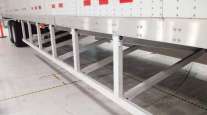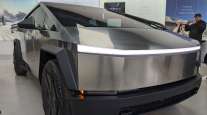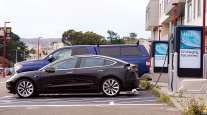NHTSA Investigates Waymo Self-Driving Tech After Crashes
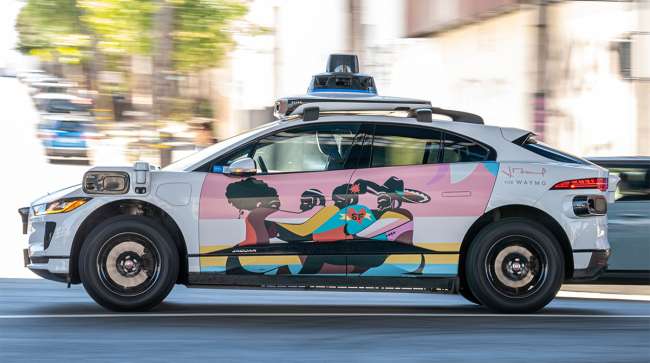
[Stay on top of transportation news: Get TTNews in your inbox.]
DETROIT — The U.S. government’s highway safety agency has opened another investigation of automated driving systems, this time into crashes involving Waymo’s self-driving vehicles.
The National Highway Traffic Safety Administration posted documents detailing the probe on its website early May 14 after getting 22 reports of Waymo vehicles either crashing or doing something that may have violated traffic laws.
In the past month, the agency has opened at least four investigations of vehicles that can either drive themselves or take on at least some driving functions as it appears to be getting more aggressive in regulating the devices.
In the probe of Waymo, which was once Google’s self-driving vehicle unit, the agency said it has reports of 17 crashes and five other reports of possible traffic law violations. No injuries were reported.
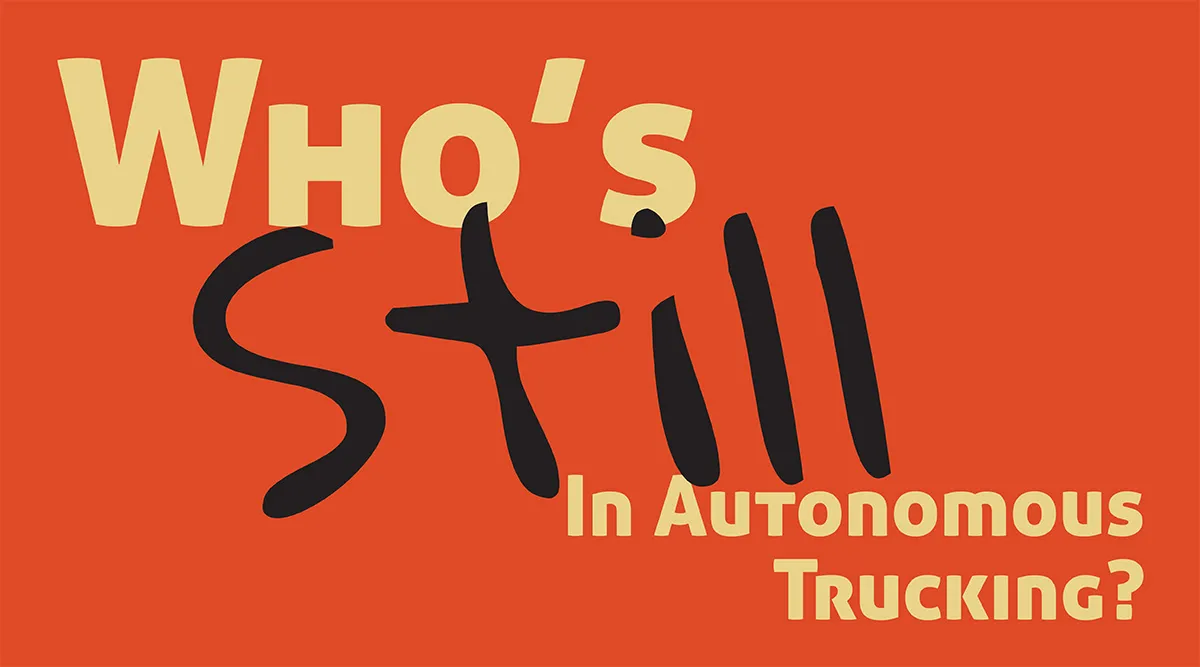
►Who's Still In Autonomous Trucking?
►Clevenger: Autonomous Trucking: A Rapidly Shifting Landscape
►Company snapshots: Aurora | Kodiak | Torc | Waabi | Stack AV | Gatik | Plus | Einride | Forterra | Outrider
►From November 2022: Who's Who in Self-Driving Truck Development
In the crashes, the Waymo vehicles hit stationary objects such as gates, chains or parked vehicles. Some of the incidents happened shortly after the Waymo driving system behaved unexpectedly near traffic control devices, according to the documents.
Waymo said NHTSA plays an important role in road safety, and it will continue working with the agency “as part of our mission to become the world’s most trusted driver.”
The company said it makes over 50,000 weekly trips with riders in challenging environments. “We are proud of our performance and safety record over tens of millions of autonomous miles driven, as well as our demonstrated commitment to safety transparency,” the statement said.
Waymo, based in Mountain View, Calif., has been operating robotaxis without human safety drivers in Arizona and California.
NHTSA said it would investigate the 22 incidents involving Waymo’s fifth-generation driving system plus similar scenarios “to more closely assess any commonalities in these incidents.”
Waymo began its journey with an audacious mission to make it safe and easy for people and things to get where they’re going. Now, with over one million rider-only trips across 4 cities, we've reimagined our mission – to be the world's most trusted driver. pic.twitter.com/IsRMYyVWMK — Waymo (@Waymo) May 10, 2024
The agency said it understands that Waymo’s automated driving system was engaged throughout each incident, or in some cases involving a test vehicle, a human driver disengaged the system just before an accident happened.
The probe will evaluate the system’s performance in detecting and responding to traffic control devices, and in avoiding crashes with stationary and semi-stationary objects and vehicles, the documents said.
NHTSA has launched probes of Tesla Inc.’s Autopilot and Ford Motor Co.’s BlueCruise since last month, and opened an investigation of General Motors Co.’s self-driving unit Cruise late last year. This week it opened an investigation into Zoox, the autonomous vehicle subsidiary of Amazon.com Inc., after two incidents in which its SUVs suddenly braked and were rear-ended.
In 2021 the agency ordered all companies with self-driving vehicles or partially automated systems to report all crashes to the government. The probes rely heavily on data reported by the automakers under that order.
NHTSA has questioned whether a recall last year of Tesla’s Autopilot driver-assist system was effective enough to make sure human drivers are paying attention. NHTSA said it ultimately found 467 crashes involving Autopilot resulting in 54 injuries and 14 deaths.
In the Ford investigation, the agency is looking into two nighttime crashes on freeways that killed three people.
The agency also pressured Tesla into recalling its “Full Self Driving” system last year because it can misbehave around intersections and doesn’t always follow speed limits.
Despite their names, neither Tesla’s Autopilot nor its “Full Self Driving” systems can drive vehicles themselves, and the company says human drivers must be ready to intervene at all times.
Want more news? Listen to today's daily briefing above or go here for more info
In addition, NHTSA has moved to set performance standards for automatic emergency braking systems, requiring them to brake quickly to avoid pedestrians and other vehicles.
The standards come after other investigations involving automatic braking systems from Tesla, Honda and Fisker because they can brake for no reason, increasing the risk of a crash.
In a 2022 interview, then NHTSA Administrator Steven Cliff said the agency would step up scrutiny of automated vehicles, and the agency recently has taken more action. NHTSA has been without a Senate-confirmed administrator since Cliff left for the California Air Resources Board in August 2022.


